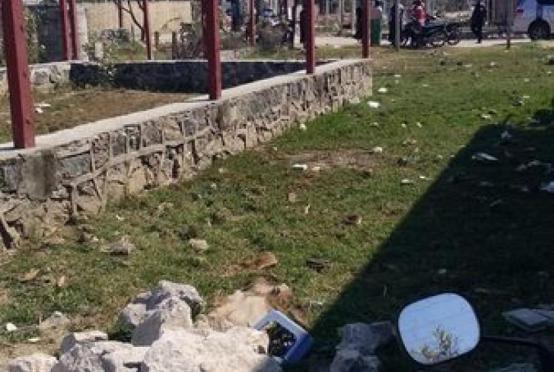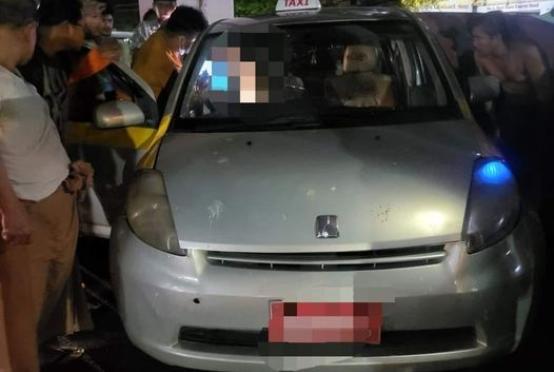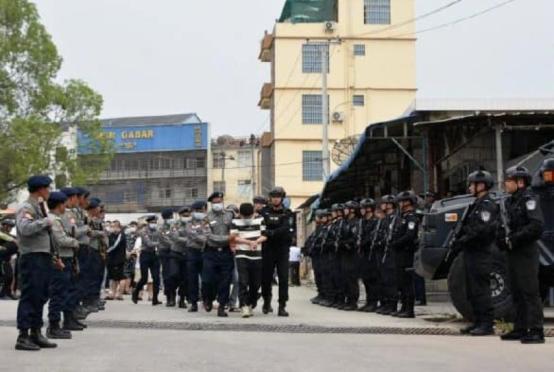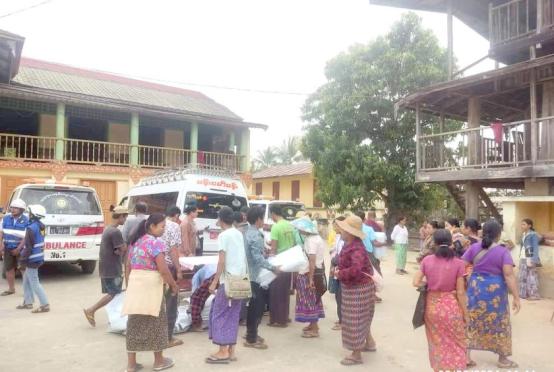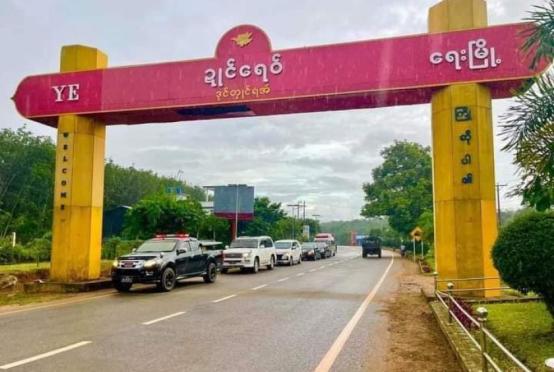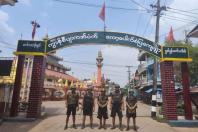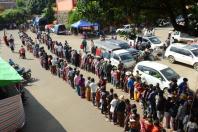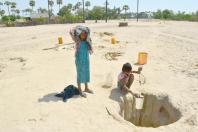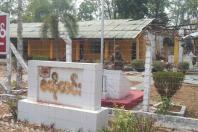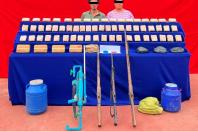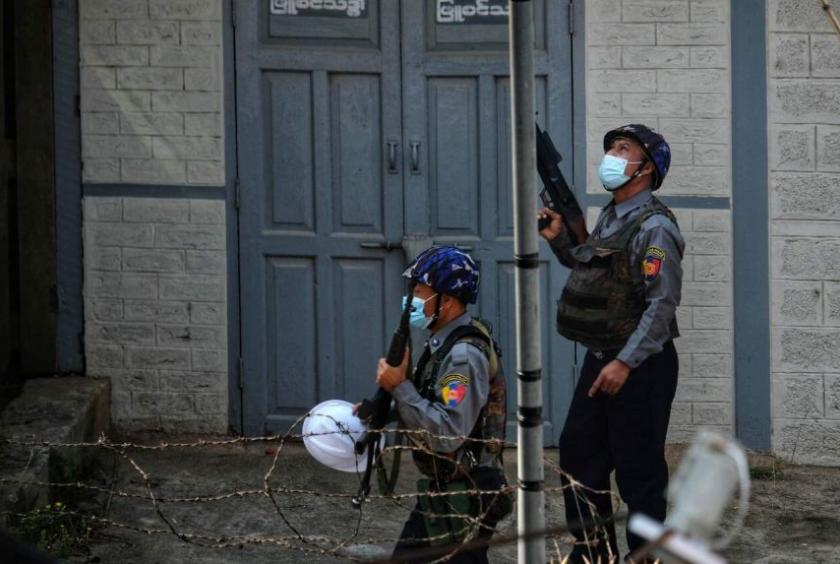
NAYPYIDAW (AFP, REUTERS) - The leader of Myanmar’s military said on Saturday (March 27) that the military will protect the people and strive for democracy, as protesters called for a huge show of defiance against last month’s coup despite warnings they risked being shot.
After presiding over a military parade in the capital Naypyitaw to mark Armed Forces Day, Senior General Min Aung Hlaing reiterated a promise to hold elections, without giving any time-frame.
“The army seeks to join hands with the entire nation to safeguard democracy,” the general said in a live broadcast on state television, adding that authorities also sought to protect the people and restore peace across the country.
“Violent acts that affects stability and security in order to make demands are inappropriate”.
Troops killed four more people in demonstrations on Friday, taking the number of deaths to 328 in the crackdown that has followed the coup against Aung San Suu Kyi’s elected government on Feb 1.
In an ominous warning on Friday evening, state television said: “You should learn from the tragedy of earlier ugly deaths that you can be in danger of getting shot to the head and back”.
The warning did not specifically say that security forces had been given shoot-to-kill orders, and the military has previously tried to suggest that some fatal shootings have come from within the crowds of protesters.
But it showed the military’s determination to prevent any disruptions around Armed Forces Day, which commemorates the start of the resistance to Japanese occupation in 1945 that was orchestrated by Suu Kyi’s father, the founder of the military.
Aung San, considered the father of the nation, was assassinated in 1947.
Anti-coup activists have called for a fresh round of protests on Saturday when the military will hold a parade which typically involves troops and armour, including tanks, jets and missiles, file past army chief - and now military head - General Min Aung Hlaing.
Fears have been swirling that the day could become a flashpoint for unrest.
Prominent activist Ei Thinzar Maung urged protesters to come out on the streets: "The time has arrived again to fight the military's oppression," she wrote on Facebook.
Min Aung Hlaing said the army had to seize power because of “unlawful acts” by Suu Kyi and her National League for Democracy, adding that some party leaders had been found guilty of corruption and legal action was being taken against them.
Head shots
An anti-military group set up by deposed lawmakers, CRPH, is working to end the military dictatorship and set up a national unity government, its acting vice-president Mahn Win Khaing said in a post on Facebook.
Protesters have taken to the streets almost daily since the coup that derailed Myanmar’s slow transition to democracy.
Activist group the Assistance Association for Political Prisoners (AAPP) counted at least 328 protesters who have been killed in the weeks of unrest. Its data shows that around a quarter of them died from shots to the head, raising suspicions they were targeted for killing.
Its data shows that at least a quarter of them died from shots to the head, raising suspicions they were deliberately targeted for killing.
Reuters could not independently verify the numbers killed. A military spokesman did not respond to calls seeking comment.
The World Bank on Friday slashed its forecast for Myanmar’s economy to a 10 per cent contraction in 2021 from the growth expected previously.
Suu Kyi, Myanmar’s most popular civilian politician, remains in detention at an undisclosed location. Many other figures in her party are also being held in custody.
On Friday, Yangon's notorious Insein prison released 322 people detained over protests, adding to more than 600 freed earlier in the week.
Nobel prize nomination
The protest movement has also included widespread strikes and civil disobedience by government workers, which have hamstrung the functioning of the state.
This has infuriated authorities, who arrested people suspected of supporting the movement, often in night raids on homes.
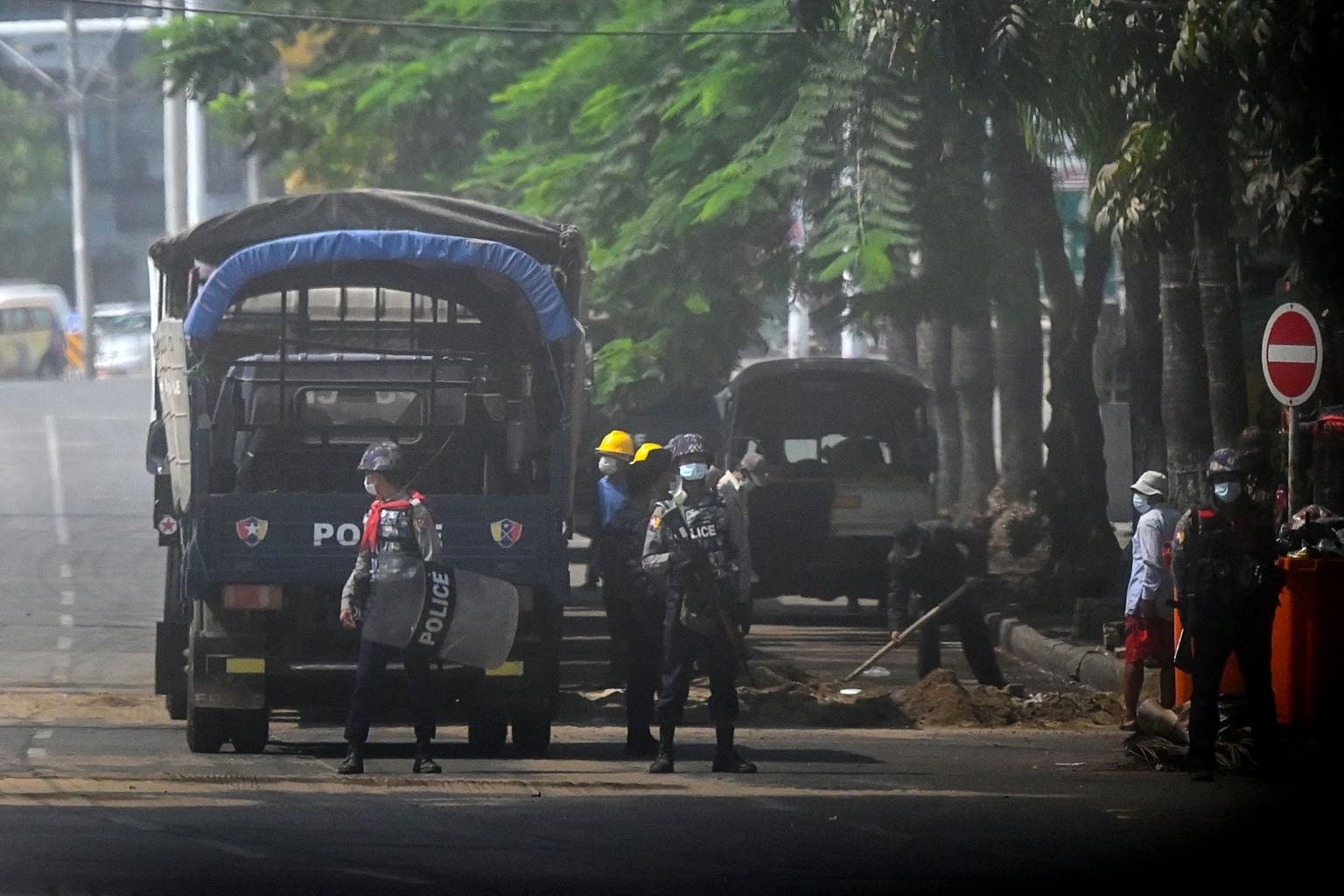
Myanmar police stand guard on a road in Yangon, on March 19, 2021. PHOTO: AFP
In a week that saw international pressure on the military ramped up with new US and European sanctions, Russia’s deputy defence minister Alexander Fomin attended the parade. On Friday, he met senior leaders and offered support for the military.
“Russia in a true friend,” Min Aung Hlaing said. There were no signs of other diplomats at an event that is usually attended by scores of officials from other nations.
The United Nations’ special envoy on Myanmar, Christine Schraner Burgener, said the military had turned against its own citizens. “Women, youth and children have been among those killed,” she said in a statement.
Defence ties between Russia and Myanmar have grown in recent years with Moscow providing training to thousands of soldiers as well as selling arms to the military.
Russia’s support for the military is also important as it is a permanent member of the United Nations Security Council and along with China, which has also refrained from criticism, can block potential UN actions.
Fomin’s visit took place after the United States, Britain and the European Union imposed new sanctions on groups and individuals linked to the coup.
On Thursday the US and Britain - the nation's former colonial ruler - put sanctions on a conglomerate owned by the Myanmar military.
So far diplomatic pressure has had little impact and Washington and London hope that hitting the military's financial interests will pay dividends.
The armed forces dominate many key sectors of the Myanmar economy, including trading, natural resources, alcohol, cigarettes and consumer goods.
The civil disobedience movement had a boost on Friday when a group of Norwegian academics nominated it for the Nobel Peace Prize - won in 1991 by Suu Kyi.
The military has defended its power grab, citing allegations of fraud in the November election which Suu Kyi's National League for Democracy won by a landslide.

